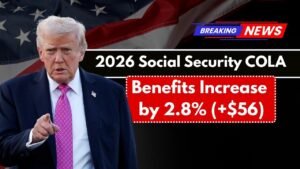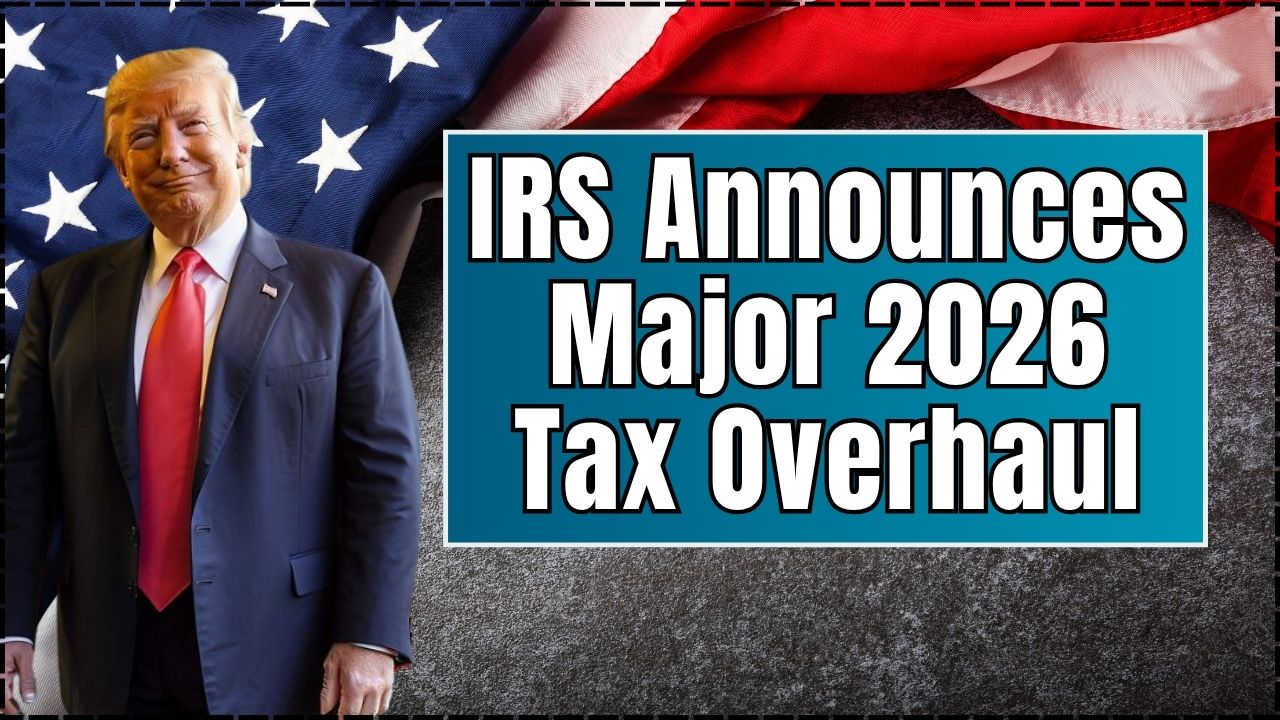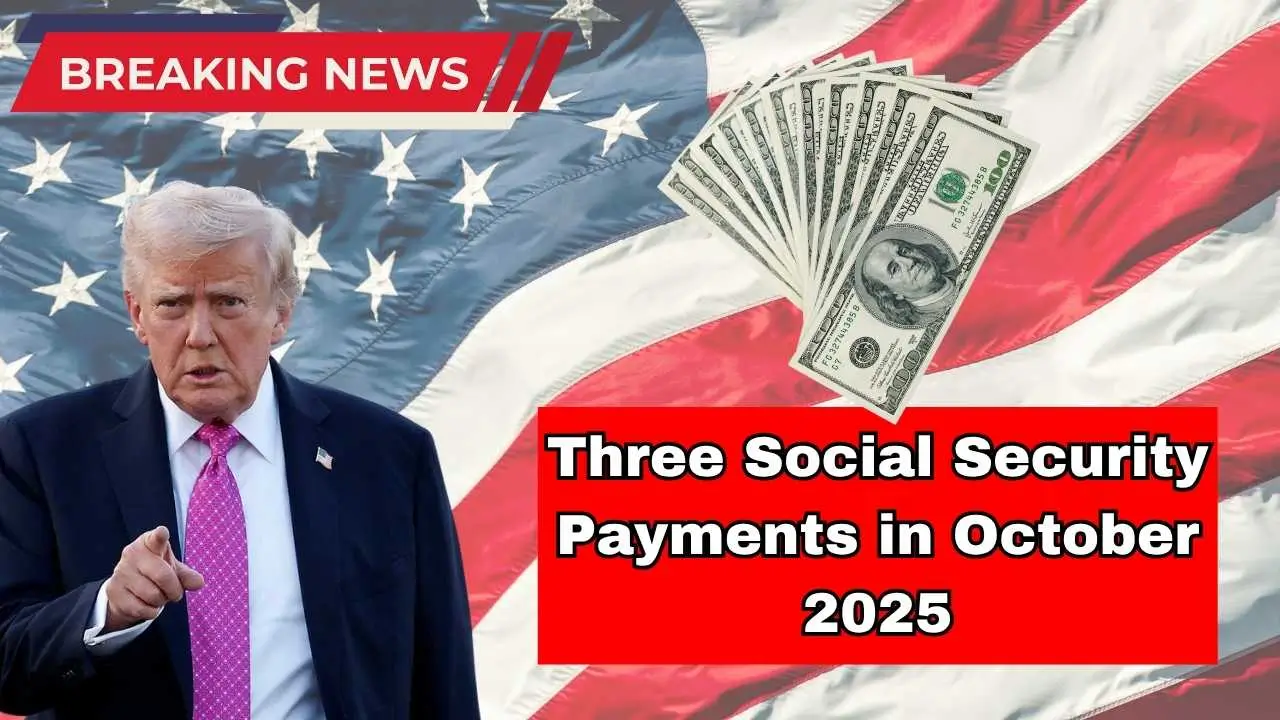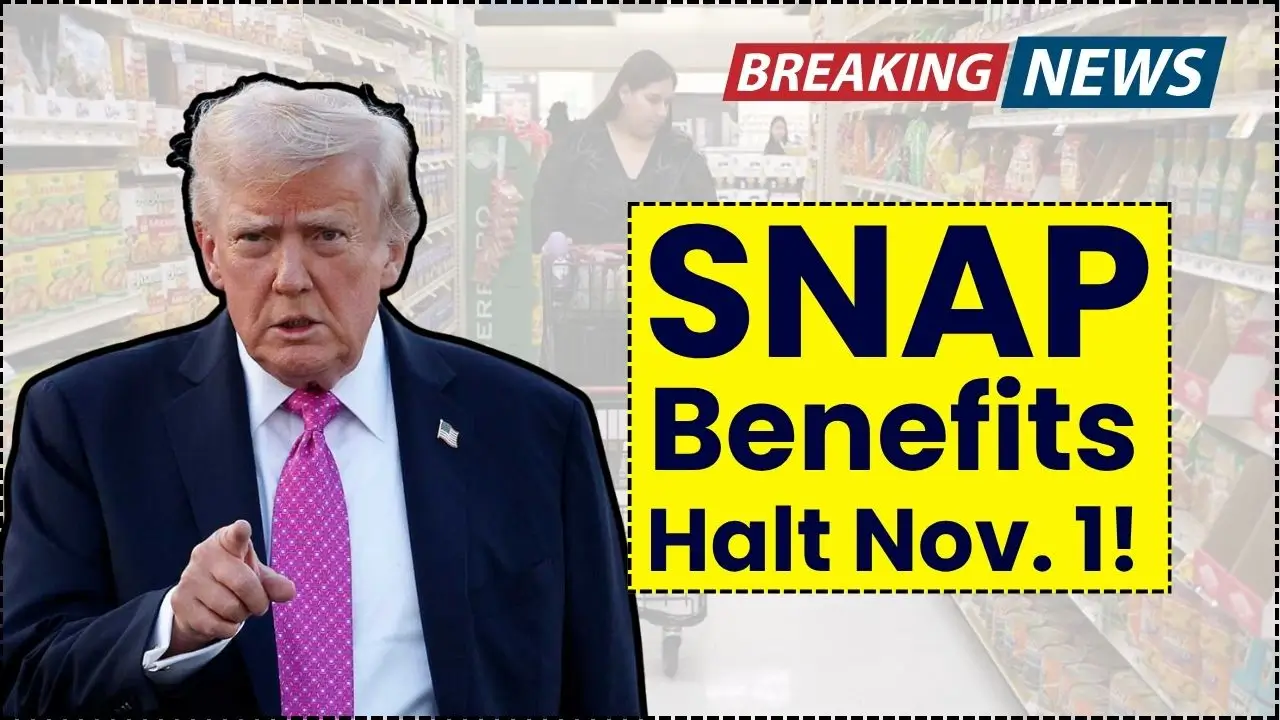Federal food assistance is set to be halted starting Nov. 1 if the federal shutdown continues, and that means SNAP and parts of WIC could pause for millions of households who rely on these programs to buy groceries each month. The USDA has posted a notice indicating “there will be no benefits issued on November 01,” while officials say contingency funds won’t be used to load November payments, escalating the risk of an unprecedented benefits gap for roughly one in eight Americans.
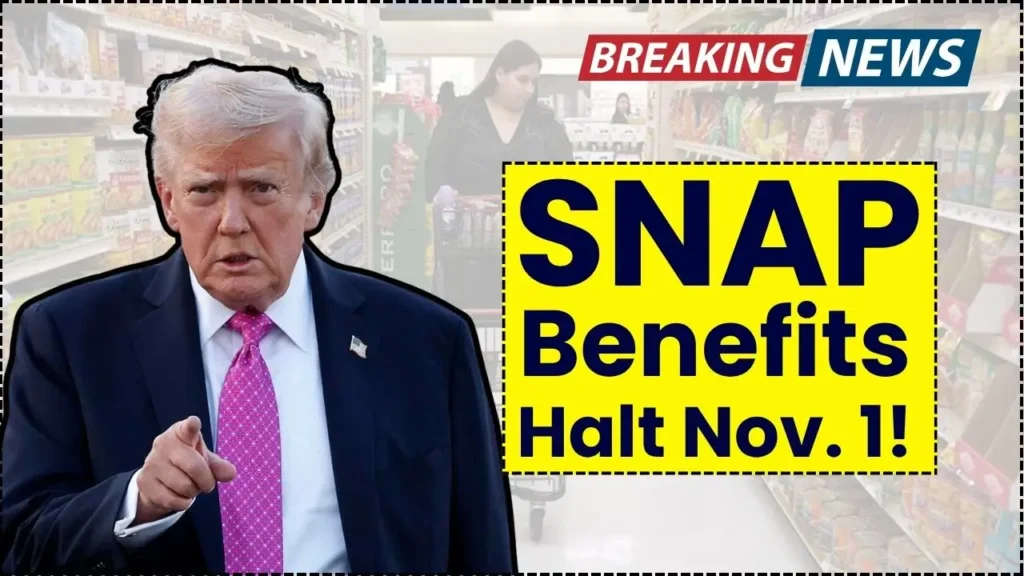
If this shutdown stretches into November, many states won’t receive federal funds to issue their regular EBT loads, creating immediate food-budget gaps for families who typically see deposits at or near the first of the month. Newsrooms and state agencies are warning recipients to plan for disruptions, check their EBT portals, and connect with local food banks, while emphasizing that charities cannot replace the scale of SNAP if payments pause.
The administration says SNAP funding has “run dry” for November, and USDA guidance to states indicates November issuances should be postponed without new appropriations, leaving roughly 41–42 million people exposed to delays or nonpayment beginning Nov. 1. WIC’s situation is also tight advocates warned early that only one to two weeks of emergency support were available, and while a short-term infusion helped, several states now face renewed pressure as shutdown weeks add up. If a stopgap funding bill passes, benefits can resume quickly; absent that, states have limited room to bridge costs without federal reimbursement.
Table of Contents
Federal Food Assistance Halted
What The Shutdown Means Right Now
- If no deal is reached, November SNAP deposits will likely not hit, creating an immediate interruption for families who budget around the monthly EBT load at the start of the month.
- USDA has told states that contingency funds are not legally available for regular November benefits during a shutdown, limiting stopgap options and discouraging states from fronting costs.
- WIC agencies are operating on thin ice after short-term support; some states report they can stretch into early November, but renewed funding is needed to avoid pausing food packages and clinic services.
Who Gets Hit First And How
- States that deposit benefits on or near the first of the month will see the earliest pain, with families facing empty EBT accounts despite regular schedules.
- Roughly one in eight Americans uses SNAP, with average monthly aid around the high-$180s per person; even short delays can cascade into rent, utilities, and medication tradeoffs.
- Families with infants and young children relying on WIC could see interruptions in formula, infant foods, and authorized substitutions if state balances are exhausted.
Why USDA Says The Funds Won’t Flow
- Agency memos indicate contingency funds are reserved for disasters and cannot be used to replace regular appropriations during a shutdown, cutting off November issuance authority.
- The USDA website notice uses unusually direct language— “the well has run dry”—and states there will be no Nov. 1 benefits, sharpening pressure on Congress to act.
- Political negotiations remain stalled, with bills introduced to restore SNAP funding but no enacted measure as of this writing.
What You Can Do Now
- Check your state EBT portal or hotline daily from Nov. 1 onward; if a federal funding deal passes at any point, issuances can resume quickly even mid-month.
- Line up community resources early: food banks, pantries, and school meal programs can help, though capacity constraints mean lines and limits are likely.
- WIC participants should contact clinics to confirm November issuance, ask about appointment status, and request guidance on substitutions if vendors face stock or authorization issues.
Path To Resolution
- Congress must pass a funding bill or a targeted measure to authorize USDA to send money to states for November SNAP and to stabilize WIC operations.
- Several states have issued advance warnings; swift federal action could avert or shorten disruptions and reduce pressure on emergency food networks.
- If a deal comes together, benefits can be loaded promptly, restoring purchasing power and easing the surge on pantries entering the holiday period.
If the shutdown extends into November, the SNAP benefits halt could leave tens of millions without their expected EBT deposits at the start of the month, with ripple effects on rent, utilities, and medication as household budgets stretch. WIC’s short-term cushions are thinning again after a brief boost, making early November a pressure point for pregnant people, infants, and young children unless new federal funds land in time. The fastest solution is a funding measure; until then, monitor state portals, confirm WIC issuance, and identify community resources to bridge the gap.
IRS Stimulus Checks and Social Security Payments: What the 2025 Shift to Digital Means for You







